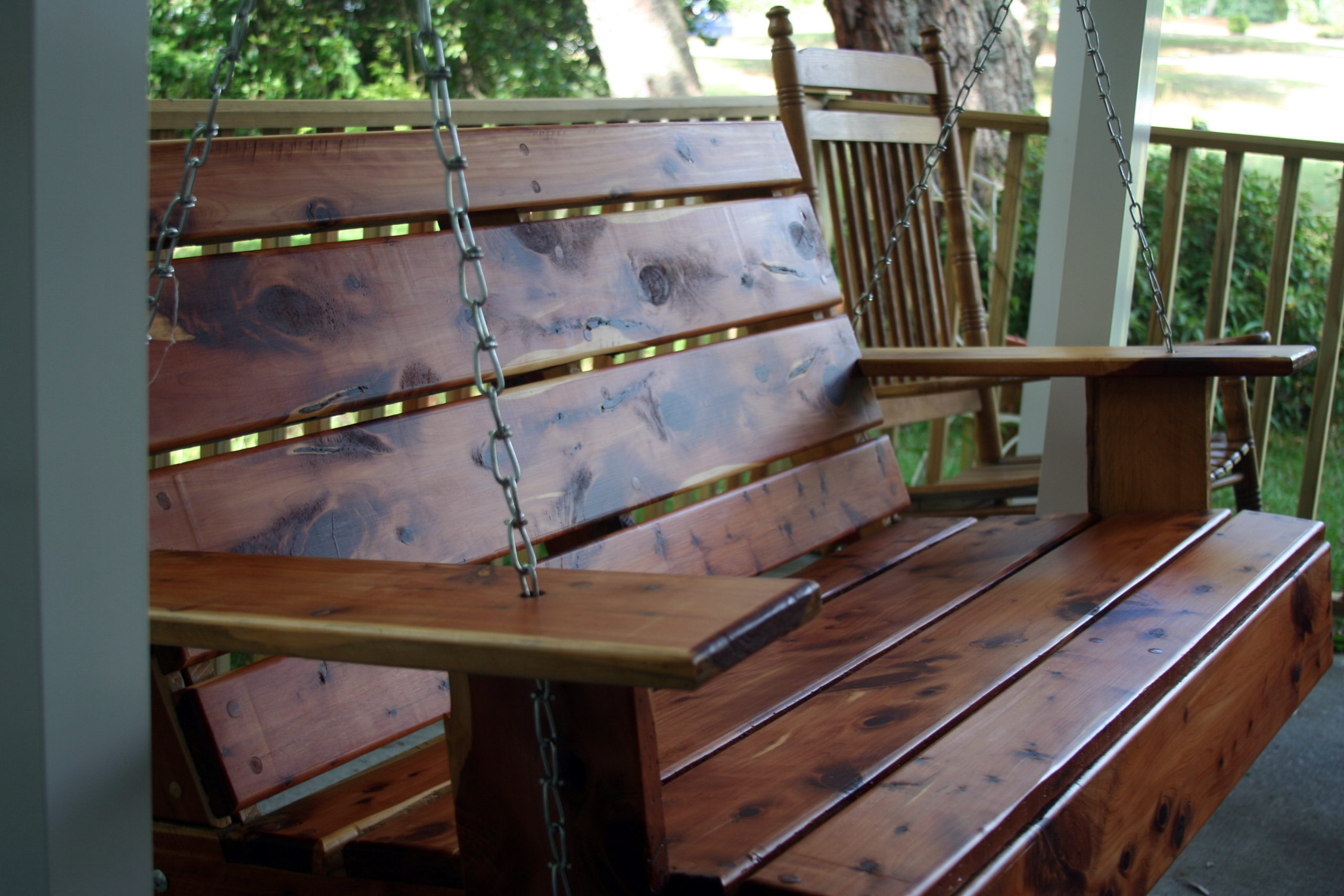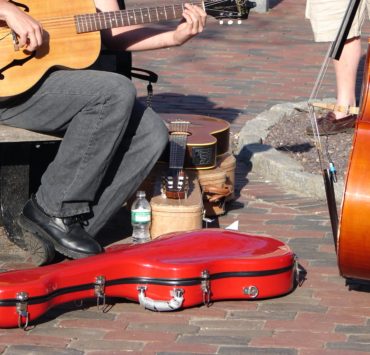
1.
I spent my senior year in high school pretty much fucking everything up. I stayed home when I should have been in class, I didn’t do any work, I fought with my teachers, I fought with my peers, I had a wise fucking mouth. By the time October rolled around I’d gotten demoted out of the honors program —first nigger in, first nigger out— and put into the ‘regular’ classes where I did nothing except stare at the walls and tear through Stephen King books. It was the last book I read in high school, which should tell you something about my state of mind. (We all float down here.) I was nineteen, having stayed back a year because of my Spanish, and was adolescent skinny and adolescent ugly. No pulchritude of face, no pulchritude of clothes. And man, our poverty. Ever since my pops had bailed my family had become Eighties Reganomics broke. Anybody whose lived through that period knows what I’m talking. Those were tough years to be a poor person of color, especially tough if you were an immigrant. You know it was bad because white folks weren’t even trying to be us. Things were pretty desperate. There were mad mornings I cut school just because I couldn’t bear the thought of wearing the same shit I’d put on three days before. So on those days, instead of heading to the bus stop (ever since my brother had checked into the hospital, me and my boys had been forced to take the bus because none of us had the loot to keep his Monarch on the road) I walked out to the landfill and stayed in those woods as long as I could stand it. On rainy days I trooped down to the Sayreville library and poked around the stacks. I remember being especially enamored with Doris Lessing’s Canopus in Argos series, the design and heft of those hardcovers. I’d found them one day while looking for something else to read besides King; I remember taking them down and wondering how the hell could this be science fiction. I was too intimidated to read the books themselves but I liked to stack them near me when I was in the library and reading something else. I think this was the only openly hopeful gesture I made in those days. You have to understand: I was in an emotionally ‘difficult’ period. Blame it on adolescence, on poverty, on young person of color self-hate, on my father’s departure, on whatever—I was the gloomiest kid around and there were times I couldn’t imagine living past the age of twenty. Those books at my elbow were some sort of promise, of a tomorrow where I might actually feel smart enough and confident enough to read the whole series. A tomorrow where I might actually feel good about myself. No doubt this was a ghetto nerd’s tomorrow but it was the best one I had.
I was also angry. Almost all the time, so angry that after most of my days I fell easily into dark exhausted sleeps. I was especially angry at my father for leaving and at my older brother for losing fifty pounds and only then being diagnosed with leukemia. Rafa was up in Newark, in Beth Israel, on the top floor of the hospital so that when you pushed your face against his window you could see the burned-out blocks, the scarred-over reminders of ’67 and New York’s skyline, a million brick middle fingers pointed at the world.
2.
My moms had her own problems. Because of my brother and because of the economy and because the locals weren’t trying to hire non-English speakers, she couldn’t work full-time. So we were Section 8, los cúpones, AFDC all the way. She was still grieving over my pops. The nigger had pretty much shipwrecked her—abandoning her in a state where you needed a car to survive, where she didn’t have any family nearby, in a neighborhood cut off from any economic tides whatsoever—and while I might not be the best judge of these matters I believe this was one of the darkest periods in my moms’ life. Years later when I interviewed her for my book she still claimed the Dark Age was 1965. The year of the Revolution. When I mentioned 198- she got quiet. Yes, she said. These were bad times too.
My moms was a tiny woman—later, when I started weight lifting for real I’d be able to curl her—and she was as lightskin as you could be without being able to pass for white. When my brother was still around we used to call her the Queen of the Bata because it seemed she never got out of hers. She’d come to the United States because of us but I don’t think the move had ever given her much happiness. She was a silent woman, never spoke of herself or her heart and for most of my life the only ‘facts’ I knew about her was that she was my mother and that she didn’t play around. (Once she’d mentioned that when she was little she’d won a jacks competition but the next time we kids brought it up she pretended like we’d heard wrong, said to us, I never won anything in my life.) My pops I knew a lot about but of my mother I knew nothing. All of my friends talked about their pops, we compared them like we compared everything about ourselves but unless our moms cooked well or hit us they didn’t get no public play at all. I felt like the girl in Abeng but unlike her I accepted my moms’ silences as a given, assumed that’s all she had to give.
I watched my moms a lot, though, that last year of high school. I didn’t have anything to do. I was tired of my boys, they were tired of me. We spent a lot of time trancado in our apartment. Mornings she always got up at the same time and since I wasn’t much of a sleeper I listened to her moving around up above me. She washed up, made her coffee and then listened to Radio WADO, which in those days was our primary bridge to the rest of the Latino world. On days she went to visit my brother she’d leave me an egg sandwich on the stove and then one of her friends or the taxi that the Medicare paid for would pick her up and I’d slip out of bed and watch her go from behind the curtains. She always waved at the driver; she might have been quiet and worn-out but my moms was a friendly woman and the niggers who knew her, liked her. She visited my brother three or four days a week and always on weekends. But before she left she would knock on my basement door and say, Levantate. Every damn morning the same thing. Levantate.
But somedays I’d oversleep and when I woke up she’d be sitting on the edge of my bed, right next to me. Her presence never surprised me. As if, even in my sleep, I could feel her near me and know not to be alarmed. Our basement was extremely dark and she’d be nothing more than some breathing and the dark cut of her hair but I’d know it was her. Señora, I’d say and she’d put her hand on my face.
She, I see now, was watching me too.
We fought a lot. As you can imagine. She’d have her rages over my father and our situation and I’d have mine over everything. We were a couple of fuck-ups living in the ruins of our lives. There was a lot of shame too, more than I can discuss here comfortably. In April, I learned that I hadn’t been accepted to any of the colleges I’d applied to, not even Rutgers Livingston, which in those days was us niggers’ safety. Even though I’d fucked up my grades—I mean, I failed whole classes that year—I’d honestly thought I’d get in somewhere. I was, after all, smarter than my boys who had gotten into school. What arrogance. When those letters came I don’t think I talked to anybody for a week. Just locked myself in my basement for six straight days and when finally my boys came for me one night, forced me to take a ride with them to the Shore just so that they could cheer me up and tell me that the world wasn’t over yet it had been so long since I’d been outside that I remember that the streetlights hurt my eyes.
When I told Mami about the rejections I said to her, Well, looks like I’m fucked. I went on to blame her and my father and my brother and the school while she watched me and said nothing. Finally she went, You should have worked harder, which only sent her into a bigger louder fit. Neighbors banging on their walls, my mother retreating to her room, another night with my boys, drinking in the backseat of the car.
Graduation Day I refused to attend the ceremonies down at the Garden State Arts Center —which was where the rich-ass school that I was being bused into held their shit— stayed in bed despite my mother’s anger. In the end she went without me. Caught a ride with somebody else and when they called my name, mispronouncing it as always, my boys told me she nodded once and put both hands on her purse. I still remember what a beautiful day that was—the sun was everywhere, driving deep and hard into the bricks. I took a walk down to the Sayreville library and stayed late. When I got back Mami was in her room, no longer dressed up, watching her novelas. She heard me come in, I’m sure, and I heard her TV. I went downstairs and waited for my boys to call.
She didn’t talk to me, really talk to me, for a long time after that.
Such was our lives.
3.
I don’t know how much time passed. Enough I can assure you. I worked delivering pool tables by day and at night I took drives with the boys that remained. We headed out all over NJ and had the usual Parkway-Turnpike Adventures. The rest of the time I was in my basement, trying out the new loneliness of my post-high school life. Sometimes when I got off the M15 coming back from my job my moms would be getting off the bus coming from hers. She shaded her eyes with her hand and said, Hijo, and I tipped my head and said, Señora. We walked home in silence, me between her and the road. Sometimes I’d get off the bus and she’d already be halfway up that long curve that was Ernston Road and I’d follow her at a distance. We both had crazy jobs but hers was worse, cleaning houses for professors and middle class people, and when she got home she always cooked dinner while I sit in front of TV and watched Doctor Who. Now that I didn’t have to hide out I didn’t go to the Sayreville library no more. (The next time I’d see Canopus in Argos I’d be in college and the tan spines of those books staring from the stacks would hit me like a punch in the chest.) Whatever it was that was around my heart in those days—an armature of anthracite, a crust of gyprock—didn’t feel like it was going to crack anytime soon. I decided this would be my life for the next couple of years and I was miserable because of it.
4.
I can’t tell you how many times she tried to talk to me. It was hard for her, you know, to have one of those pat sit-down mother-to-son chats, the kind the TV was always insisting were possible; sit-down chats weren’t a part of the family repertoire; we just weren’t brought up that way. She’d wait for me to be watching TV, usually at night, when she thought I’d be my calmest, and then she’d sit down at my side and I could see it coming a mile away because she’d have this serious look on her face. Look, she’d say, you have to struggle if you want—
I usually didn’t let her get any further than that. I’d either put my hand up and tell her to leave it or I’d go downstairs without a word. It was easy to hurt her; after all, she was my mother. For some reason it felt good to leave her mid-sentence on the couch, to have her follow me onto the stairs and say things like I didn’t come to this country so you could quit. What do you know about college? I used to shout at her. It’s not like you even went to school. My moms certainly didn’t need that kind of shit from me. She was barely keeping her own self above water. Lots of nights I could hear her walking around upstairs when she thought I was asleep, could hear her moving from the bedroom to the kitchen to the porch and that never stopped her from dressing for work in the morning or from knocking on my door and saying Levantate, muchacho.
5.
In the end it was just some words that did it.
Can’t tell you nothing about that day except I was coming back from another one of my useless nights out and my mother was sitting on the couch watching the main TV; the shit was so busted-up that we couldn’t turn it off, had to lower the volume when we wanted to go to sleep. My moms was still as a bone and her hair was dark and wet from the shower and as I headed down to the basement she said, with some bitterness, You know, I cried less when I lost my first son.
I heard her say it but I didn’t answer back. I sort of shrugged and headed downstairs, pretended like I didn’t know what the hell she was talking about. The TV stayed on for another hour and then she headed back into her room for some more TV and finally sleep.
That night I lay in bed and stared at my walls. Like I said I didn’t know nothing about my mother. That I’d had another brother who had died was a huge shock. That she’d never mentioned him in all these years was something else altogether. Said a lot about the kind of relationship niggers like me have with their moms. I always used to claim that I loved my moms, told everybody this, but how in the world can you truly love somebody you don’t even know? This is a short piece so it’s not like I can fill in all the shades or hit you off with crosshatchings galore but I’ll tell you one thing: that night was the first time in my life that I had to deal with the possibility that my moms was a full human being and not just somebody who washed my underwear and cooked my meals. It was like suddenly finding yourself in a depth of water. It was an astonishment.
My mother had surprised me similarly once before, back in Santo Domingo. I didn’t remember that earlier incident right then but I do remember it now. This was back in our Villa Juana days. I remember we were on a bus going somewhere and my mother pointing at another neighborhood and saying, This is where my old novio used to live. She didn’t say nothing else and even then I was taken back by the realization that my mother had had another life, before we knew her.
The next day we had breakfast together. Avena and some toast. Come out here and look at the birds, my mother said. She was sitting on the porch. I followed her outside and stared at the sparrows, those ubiquitous flying woodchips. We didn’t speak about the dead brother and wouldn’t for many many years.
6.
I can’t say our relationship changed much after that night. Our world still sucked and it continued to suck for a long time afterwards. We didn’t suddenly become best friends. I can’t even honestly say that it was her words alone that got me going again but when I look back on it now this assessment—that she was the one who helped me jump-start my life again—doesn’t seem that wild or wrong. Because sometime in those next couple of months I started making small moves, nothing too radical, little changes that slowly began to add up. The first big obvious one was that I stopped lurking around in that basement so much. I stopped hating my boys for their hard work and their college acceptances and brought myself back into the fold. I bought a car and started taking night classes at Kean College. (Certainly, you say, words alone can’t have this power, somewhere in my heart I must have been ready for this change and Mami only facilitated the emergence of what was already there . . . ) Eventually I was able to transfer to Rutgers New Brunswick, a dream of mine. But by then a lot of the other shit had cleared up as well. I was still angry, still an emotional mess but I’d learned to hide it somewhat, not to let it paralyze me as much as I used to. Sure, my pops never came back and the old brother I’d known before the chemo never did either but in a couple of years I’d begin to talk to my mother seriously and a couple of years later we’d even become friends.
Previously published in Latina/Chicana Mothering, Demeter Press.
Image Credits: Richard Elzey

Junot Díaz was born in the Dominican Republic and raised in New Jersey. He is the author of the critically acclaimed Drown; The Brief Wondrous Life of Oscar Wao, which won the 2008 Pulitzer Prize and the National Book Critics Circle Award; and This Is How You Lose Her, a New York Times bestseller and National Book Award finalist. He is the recipient of a MacArthur “Genius” Fellowship, PEN/Malamud Award, Dayton Literary Peace Prize, Guggenheim Fellowship, and PEN/O. Henry Award. A graduate of Rutgers College, Díaz is currently the fiction editor at Boston Review and the Rudge and Nancy Allen Professor of Writing at the Massachusetts Institute of Technology.







